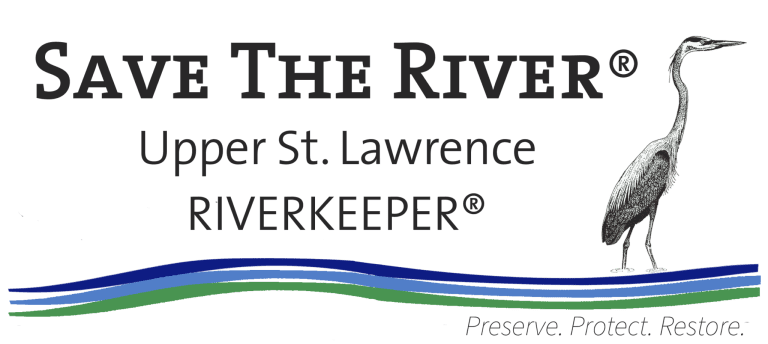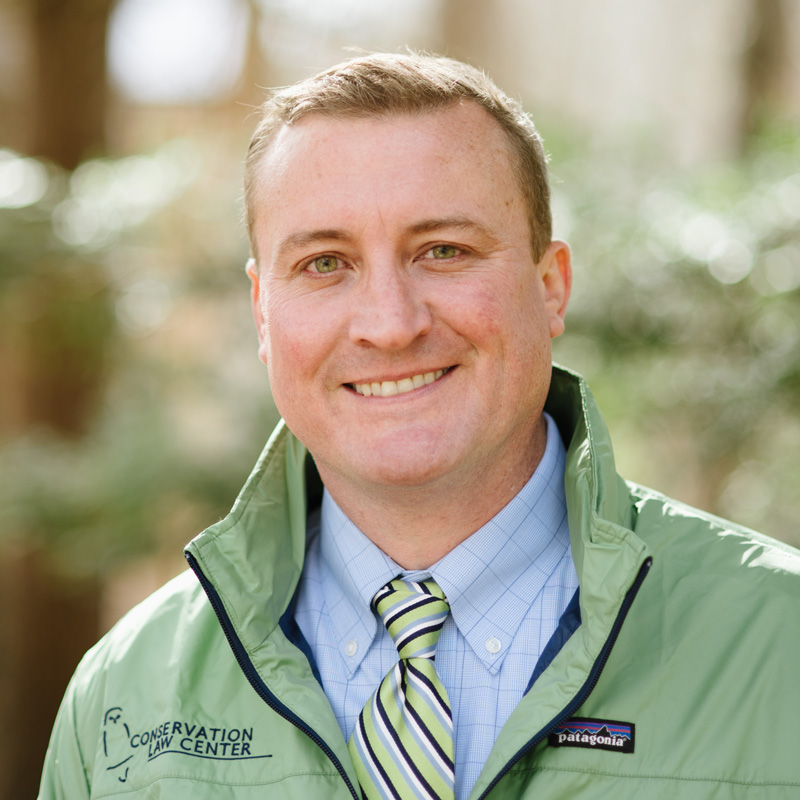Water is our most important resource.
Indiana currently has an abundance of water, but its water quality ranks among the lowest of any state. This is not just an environmental problem; this is a public health problem, one that affects disenfranchised communities even more significantly. CLC works to address current challenges to water quality while helping prepare for future challenges associated with changing demand and weather patterns.
We advocate for the comprehensive recommendations outlined in CLC’s Water Report, which focuses on improving Indiana’s water quality, managing water resources sustainably, and advancing statewide water planning initiatives. In addition to improving policy, CLC is prepared to enforce the the Clean Water Act and other federal and state laws aimed at protecting water quality.
Why Water?
Critical Resource
Water is one of Indiana’s most vital resources, directly impacting public health, economic development, and overall quality of life in the state.
Advocating for Water Quality
CLC is actively engaged in improving water quality by offering legal support to advocacy groups, educating decision-makers about potential solutions, and influencing public policy to ensure the protection of Indiana's waters.
Challenges and Opportunities
Indiana faces significant challenges in updating its aging water infrastructure, both in terms of built infrastructure and the natural landscape that manages surface and groundwater. While Indiana's waters offer substantial economic and ecological potential, they are currently at risk due to pollution from nutrient runoff, failing septic systems, and a lack of data surrounding Indiana's water quality, necessitating a comprehensive approach to address these concerns.
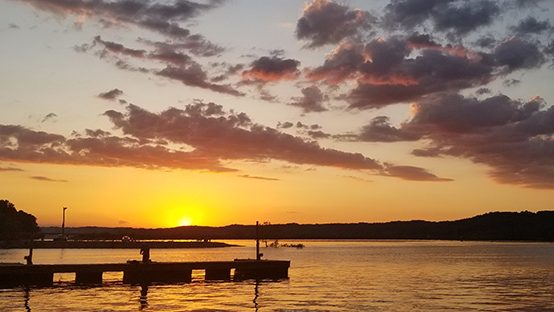
Programs & Publications
Program
Clean Water Indiana
Publication
CLC's Water Report
Did you know...
Indiana ranks first in the nation with the most polluted miles of rivers and streams.
Nearly 25,000 miles of Hoosier rivers and streams are too polluted for recreation and human contact. The top contaminant of Indiana’s waters is e. coli.
Environmental Integrity Project, ‘The Clean Water Act at 50,’ 2022
Approximately 20% of the septic systems in Indiana are failing
Each one discharges more than 75,000 gallons of untreated wastewater every year. This means that failing septic systems release more than 15 billion gallons of raw sewage into Indian’s environment annually.
Purdue Extension, ‘Septic System Failure,’ 2005
Indiana has lost 90% of its wetlands
and is poised to lose the remaining 10% without decisive action to protect them. At 85% wetlands loss, we experience distinct negative impacts to water quality; at 93% wetlands loss, we see distinct negative impacts to our ability to weather floods.
2022 Indiana General Assembly Legislative Task Force on Wetlands

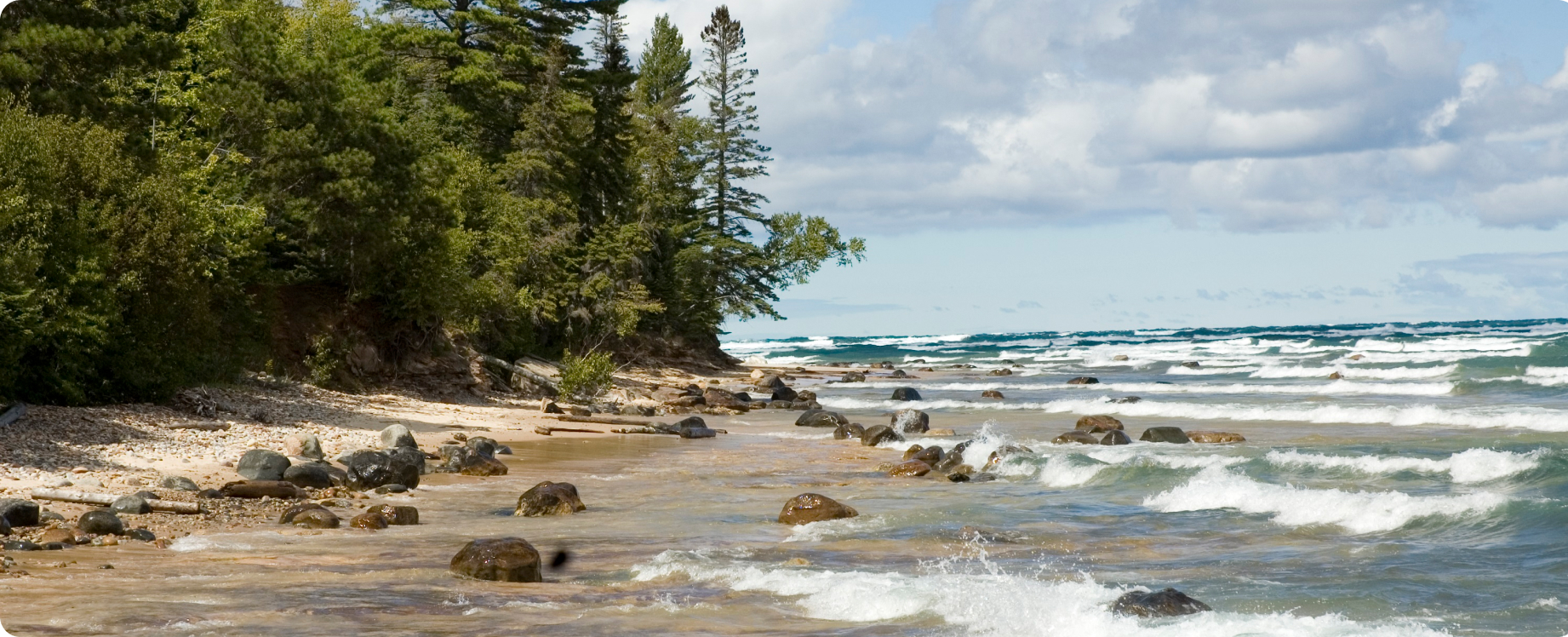
Protecting the White River from Coal Ash Pollution
Victory! Plans to Industrialize Pristine Lake Superior Shoreline for a Rocket Launch Site Thwarted
A Win for Wetlands and Government Accountability
CLC Saves 22% of Trees from Extensive Clearing on the White River in Settlement
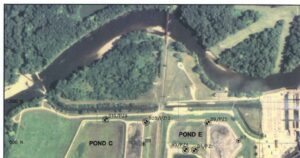
Indiana Environmental Group Sues the State for Allowing Powerplant to Keep Discharging its Coal Ash Laden Wastewater to the White River
(MARTINSVILLE, IN)– The Hoosier Environmental Council (“HEC”) filed suit last week in Morgan County Court against the Indiana Office of Administrative Law Proceedings (“OALP”) for

Important water policy proposals drafted
CLC has drafted five policy proposals focused on PFAS regulation, wetland protection, and the establishment of an Indiana Water Authority.
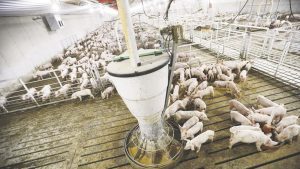
New CAFO analysis tells us what we know and fear
A recent International Journal of Environmental Research and Public Health report on concentrated animal feeding operations (CAFOs) in the United States highlights a disturbing truth:
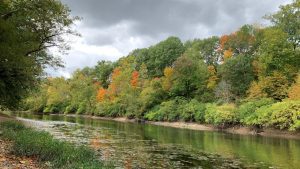
Without sound water policy, Indiana’s economic future is down the drain
Water, essential to all life on the planet, is an abundant resource in Indiana. This alone puts Indiana in a resilient position as we navigate
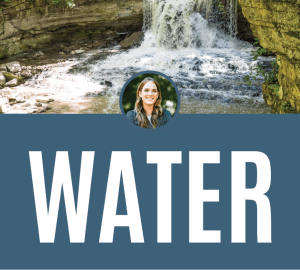
Water Advocacy Interview with Megan Freveletti, Nancy C. Ralston Graduate Fellow Attorney
Megan graduated from the University of Mississippi with a degree in International Studies and worked in her home state for the Illinois House of Representatives
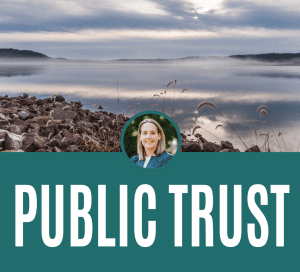
Interview with Kacey Cook, Constance and Terry Marbach Conservation Attorney
Kacey’s career path in environmental law was charted during her time as a student in CLC’s Conservation Law Clinic at the IU Maurer School of
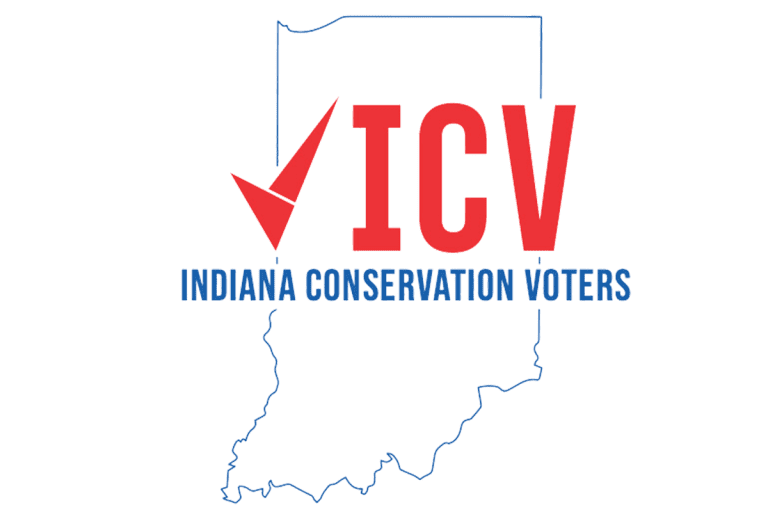
Indiana League of Conservation Voters
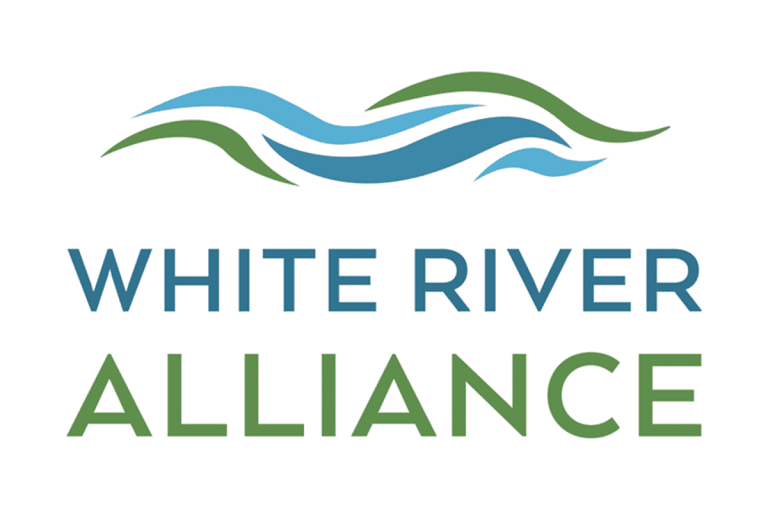
The White River Alliance
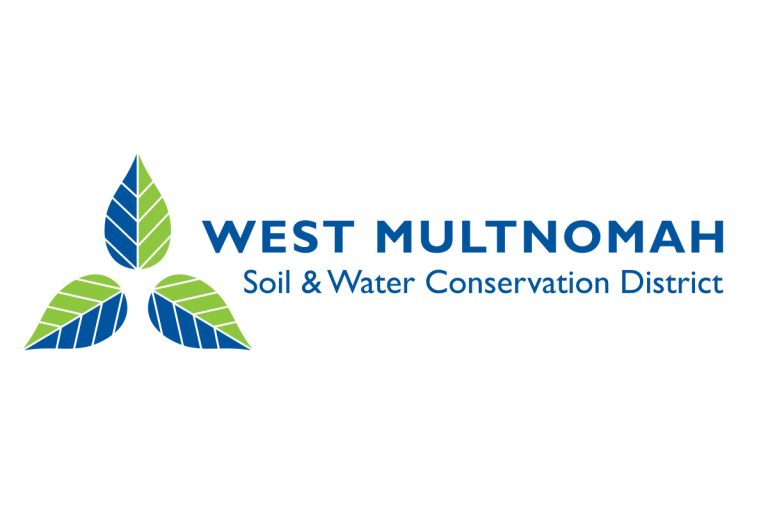
Multnomah County Soil and Water Conservation District
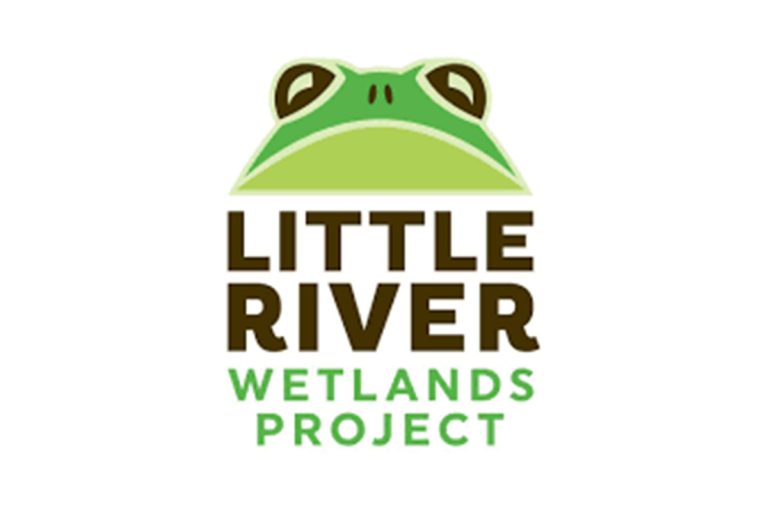
Little River Wetlands Project
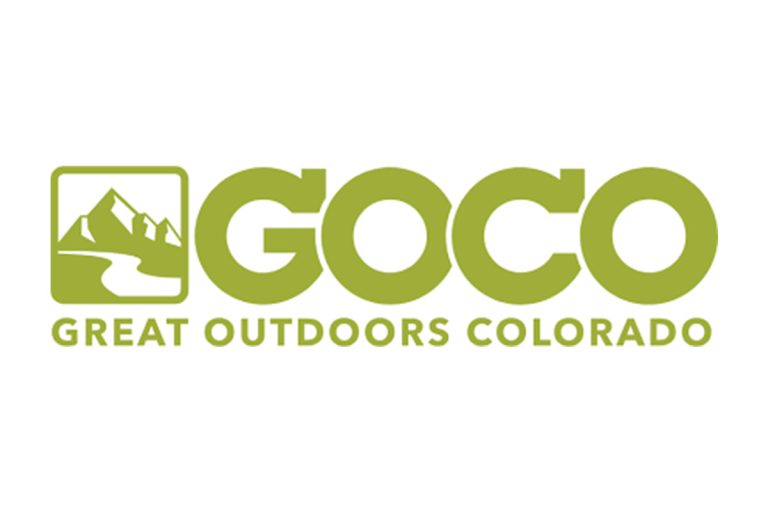
Great Outdoors Colorado

Friends of White River
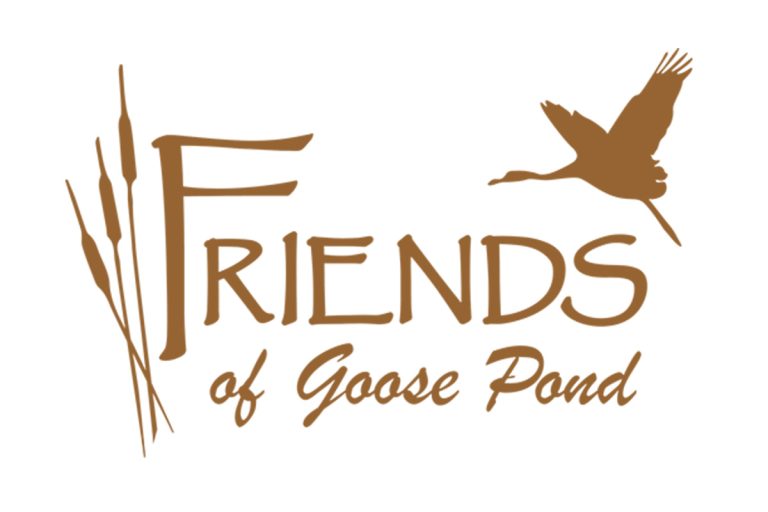
Friends of Goose Pond
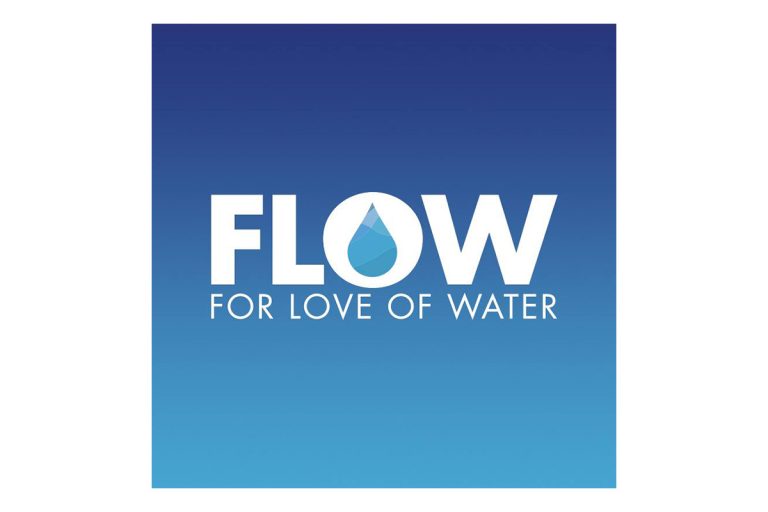
For Love of Water
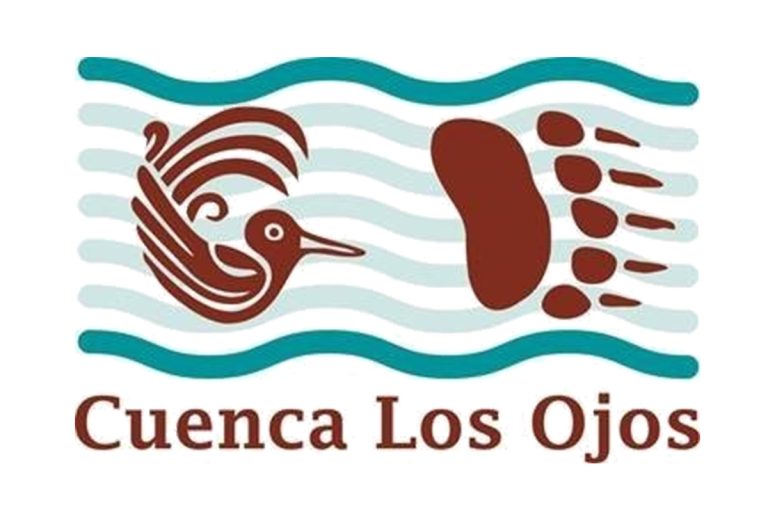
Cuenca Los Ojos
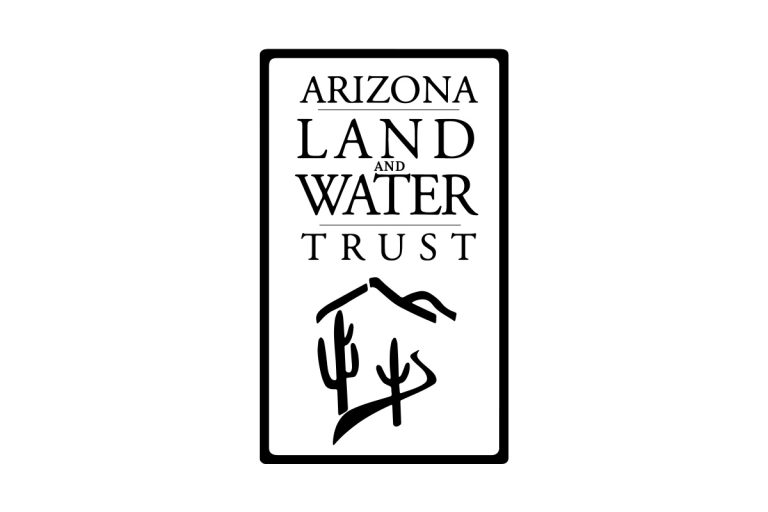
Arizona Land and Water Trust
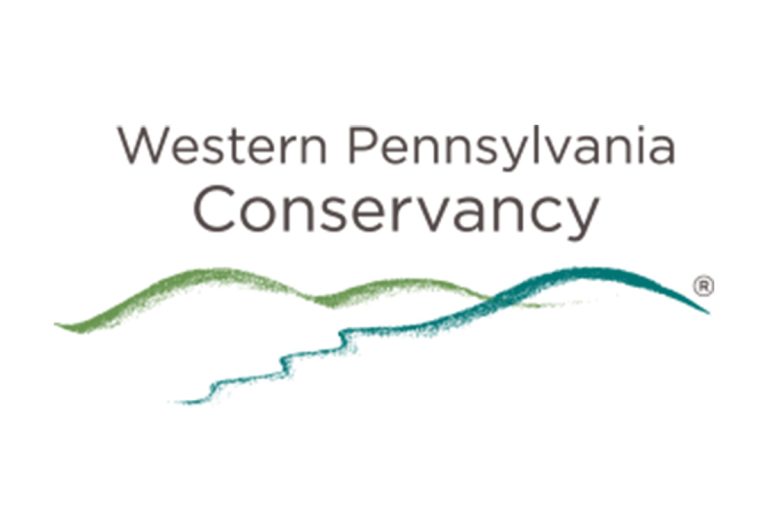
Western Pennsylvania Conservancy
